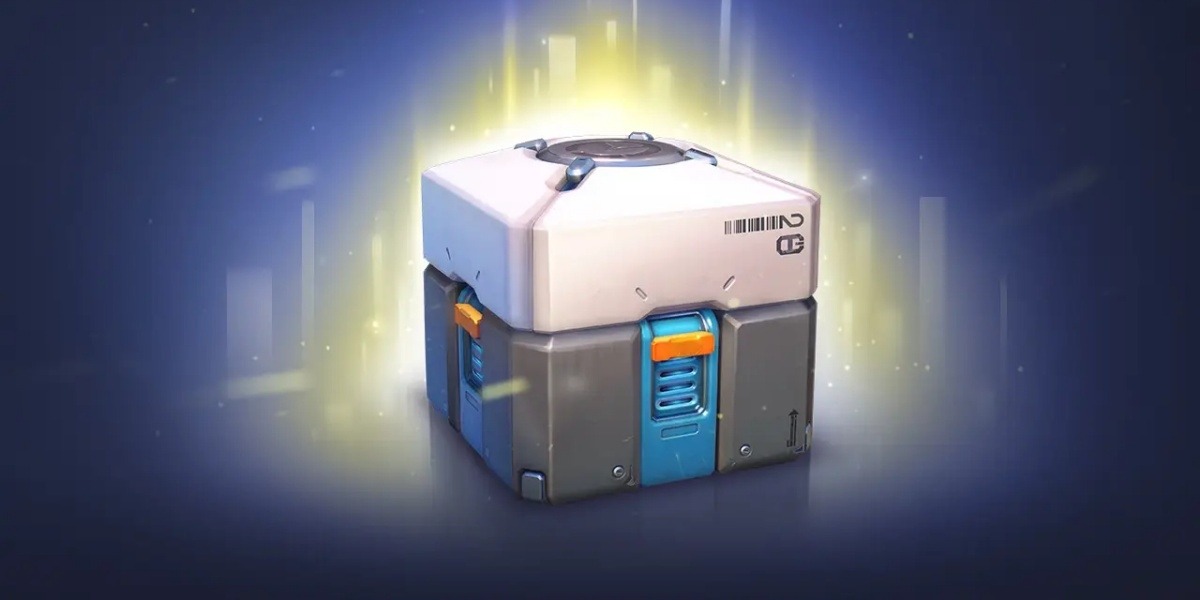Stay Informed
Get Industry News In Your Inbox…
Sign Up Today
This opinion piece was published in the new PocketGamer.biz newsletter. Sign up for more articles like this straight to your inbox right here.
Last week, the BBC ran with the headline “Top-selling mobile games break rules on loot boxes”.
In the report, it said that the UK’s most popular mobile games are “being advertised without disclosing they contain loot boxes”, which it quoted critics as calling them “exploitative” and that they “foster addiction”.
The UK’s Advertising Standards Authority, which regulates ads, is meant to remove ads that do not disclose whether they contain loot boxes. Penalties include a telling off.
As a quick note – UK games industry trade body UKIE published guidance on self-regulation over loot boxes last year. Principles include technological controls to effectively restrict anyone under 18 from acquiring a loot box, and disclosing the presence of loot boxes prior to purchase. Companies had 12 months to comply, with follow-up periodic reviews to measure the effectiveness of the rules.
Over a year later, the BBC has conducted its own investigation into the matter, which found that “only two of the top 45 highest-grossing games on the Google Play store actually followed those rules”, as set out by the ASA.
A number of sites repeated the figure. The problem is, it’s highly misleading.
Digging into the numbers
Towards the end of the BBC’s report, it notes that of the 45 games it looked into, 26 of those were labelled as including loot boxes, with 22 of those being advertised. Out of those, only two titles “spelt out the presence of loot boxes in their ads”.
So the story is actually closer to ‘two of 22 of the UK’s top grossing Google Play games don’t disclose they have loot boxes in their ads’. As for the rest… well companies that don’t have loot boxes probably won’t advertise them, no.
It’s worth noting that on Google Play, store listings mark games including “random items”. But that’s a pretty loose term for ‘includes loot boxes’.
Despite being needlessly misleading (and me being pedantic), the BBC still taps into a couple of very real issues here. There clearly are publishers breaking the rules and, it would seem so far, the ASA is not showing its teeth.
We reached out to mobile intelligence firms Sensor Tower and GameRefinery, which both have their own game taxonomies, for more data on loot box games. According to GameRefinery, 78% of the top 200 grossing games on the UK’s iOS App Store have gacha mechanics. Sensor Tower, meanwhile, shows that 70% of the UK’s top 100 grossing Google Play games in November used loot boxes, while 67% of October’s top revenue-generators featured them.
We matched up Sensor Tower’s data to Google Play store listings that disclose a game ‘includes random items’. Just looking at the top 45, as per the report, 30 games from November’s top grossers are flagged as having ‘random items’ on Google Play, while 15 do not state this. Meanwhile, Sensor Tower tags 31 games as having loot boxes, and 14 that don’t.
How games are rated
Here’s the thing – there’s not a consistent overlapping between games tagged by Sensor Tower with loot boxes and titles that flag they have ‘random items’. There appears to be an issue with how games are rated and how this is disclosed, both for games that actually do have loot boxes and for those that don’t.
In 2020, PEGI, which rates games and assigns the ‘includes random items’ tag, describes the criteria for disclosing the term as the following:
“Paid random items are a particular form of optional in-game purchases (*): they comprise all in-game offers to purchase digital goods or premiums where players don’t know exactly what they are getting prior to the purchase (e.g. loot boxes, card packs, prize wheels).
“Depending on the game, these items may be purely cosmetic or they may have functional value: they can include additional characters, outfits and other appearance upgrades, but also tools or weapons, etc. They may unlock extra levels, add new skills or provide performance upgrades.”
Note: This video is from 2018.
The ESRB states the term is assigned to “all games that include purchases with any randomised elements, including loot boxes, gacha games, item or card packs, prize wheels, treasure chests, and more. Games that have the in-game purchases (Includes Random Items) notice may also include other non-randomised paid elements.”
All of this is a really long-winded way of saying that the issue is messier than it first appears. However, the BBC’s report, at its core, is on to something, and, assuming the ASA is indeed looking into this, there could be a number of publishers in hot water next year. By hot water, I mean some finger wagging and tutting from the regulator.
But that will still not be a good look for an industry that has promised to self-regulate. The consequences could eventually lead to a heavy-handed government response.


